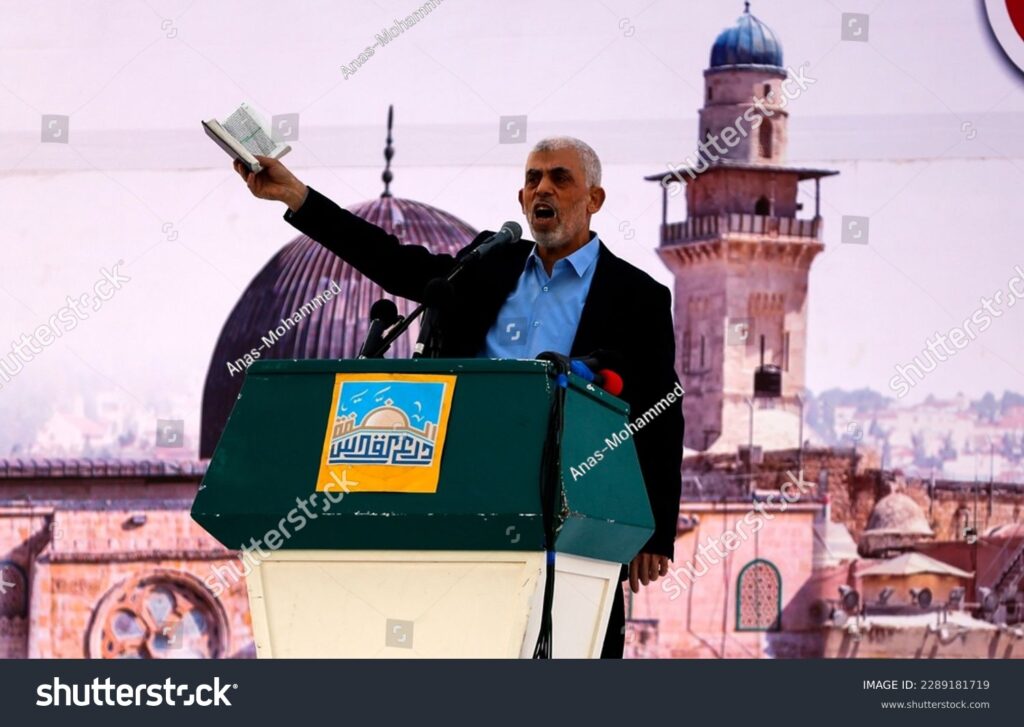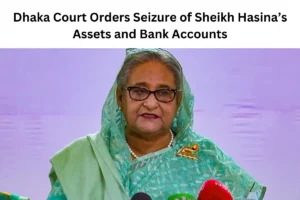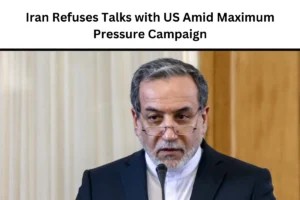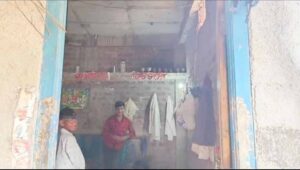
Israel’s elite intelligence agency Mossad orchestrated a covert operation involving Iranian agents to plant explosives in a Tehran building where Hamas political leader Ismail Haniyeh was staying, as reported by The Telegraph.
Initially, the plan aimed to assassinate Haniyeh in May during his visit to Tehran for former Iranian President Ebrahim Raisi’s funeral. However, the operation was aborted due to large crowds, posing significant risks. Two Iranian officials disclosed this information to The Telegraph.
The operation was subsequently modified. Under Mossad’s direction, two agents planted explosive devices in three rooms of the Islamic Revolutionary Guard Corps (IRGC) guesthouse in northern Tehran, where Haniyeh was expected to stay.
Mossad’s Operations
Mossad operates with an annual budget of $3 billion and a workforce of 7,000, making it the second-largest espionage agency in the West after the CIA. The agency’s structure remains largely secretive, but it maintains a network of informants and agents within Palestinian militant groups and hostile countries like Lebanon, Syria, and Iran. This extensive spy network enables precise assassinations of militant leaders when necessary.
The Special Operations Division, known as Metsada, is responsible for executing sensitive operations, including assassinations, sabotage, paramilitary activities, and psychological warfare.
also read : Iran’s Supreme Leader Orders Retaliation Against Israel for Hamas Leader’s Assassination
The Assassination of Ismail Haniyeh
According to The Telegraph, Iranian surveillance footage shows agents moving stealthily, planting explosives in multiple rooms within minutes. After planting the devices, they left Iran undetected but continued to have a source inside the country. At 2 am on Wednesday, the operatives remotely detonated the explosives in Haniyeh’s room, resulting in his death. Haniyeh was in Tehran to attend President Masoud Pezeshkian’s inauguration. The IRGC confirmed the assassination, believing Mossad utilized agents from the Ansar-al-Mahdi protection unit, responsible for safeguarding high-ranking officials.
“This is a humiliation for Iran and a huge security breach,” an IRGC official told The Telegraph. A special working group has been established to address the perception of this breach, the official added.
Potential Consequences
In response, the IRGC is considering retaliation options, including a potential direct strike on Tel Aviv involving Hezbollah and other Iranian proxies. Since the 1979 Islamic Revolution, Iran has expanded its influence across the Middle East through proxy groups. The Quds Force, a branch of the IRGC specializing in intelligence and covert operations, provides weapons and training to these groups to further Iran’s regional agenda.
The timing of the assassination, coinciding with President Pezeshkian’s first day in office, raises suspicions about its intentionality. During his campaign, President Pezeshkian pledged to move away from the Islamic Republic’s provocative policies and restore Iran’s standing through dialogue. As a seasoned lawmaker and cardiac surgeon, Pezeshkian’s win signifies a call for change following dissatisfaction with hardline predecessors. However, the dynamics of Iranian politics, dominated by hardliners and Supreme Leader Ayatollah Ali Khamenei’s ultimate authority, will challenge Pezeshkian’s ability to implement his vision.







